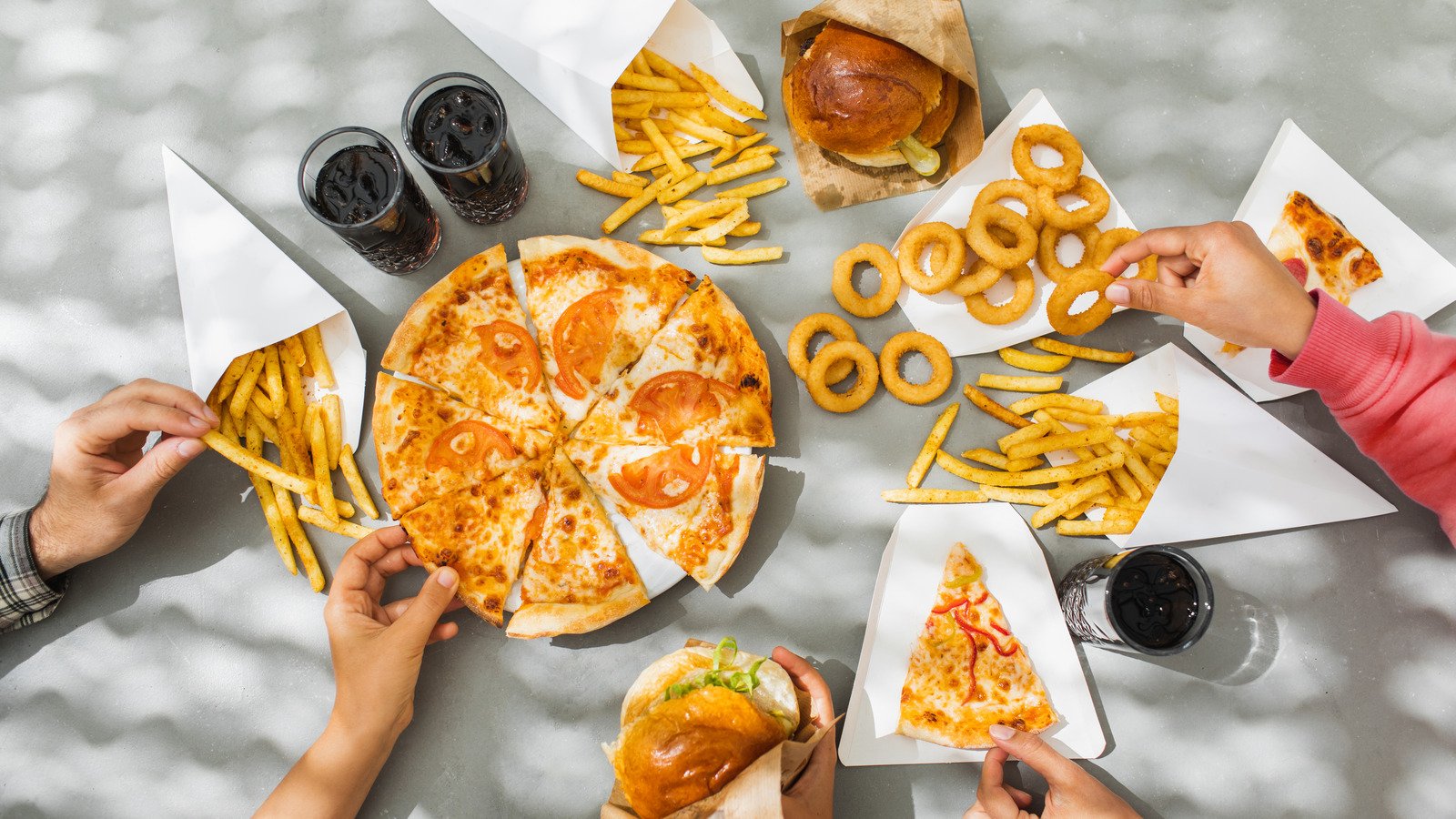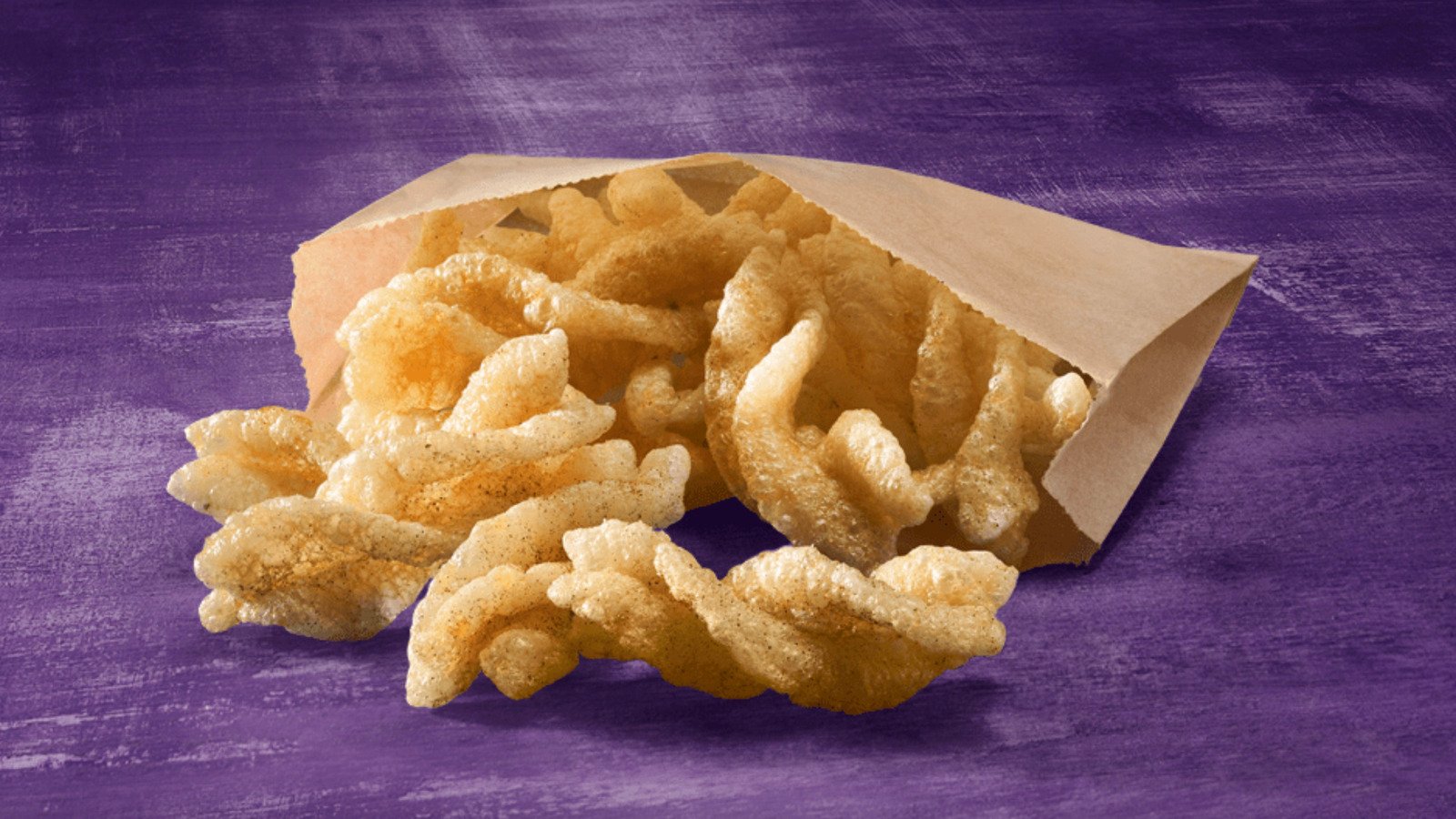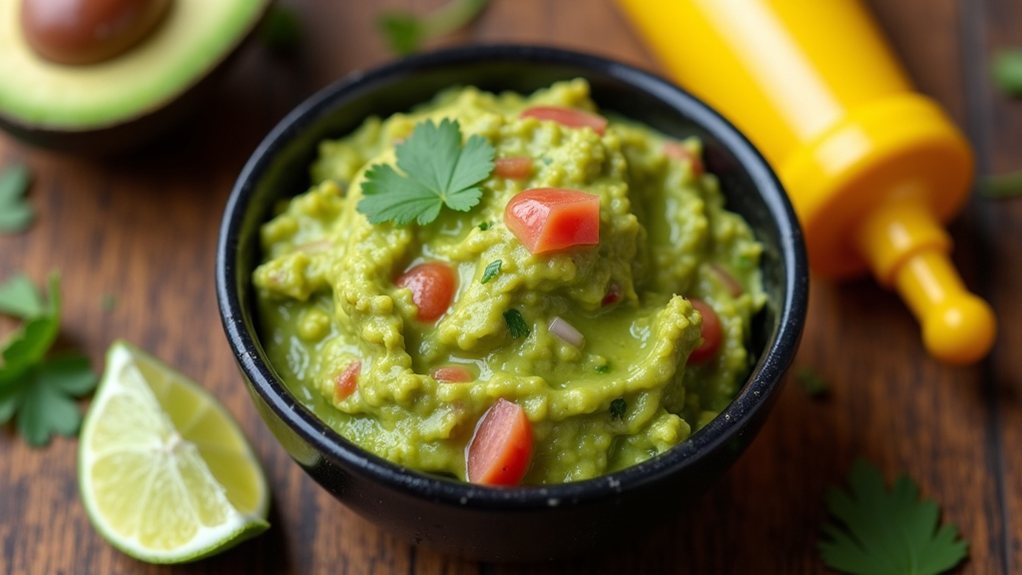The Dark Side of Fast Food: Scandals That Still Haunt Us
Fast food chains bring convenience and a quick meal option to millions. Yet behind the shiny advertisements and welcoming decor lies a reality that sometimes resembles more of a horror story. Many of these popular franchises have faced scandals that shocked the public and left a lasting stain on their reputations. Let’s explore some of the most glaring controversies that have marked the fast food landscape.
Jack in the Box and the E. Coli Nightmare
One of the most notorious fast food incidents dates back to the early 1990s when Jack in the Box faced an E. coli outbreak that took the lives of four children. In 1993, health authorities traced a sudden surge in a serious kidney condition among children in Seattle back to contaminated burgers from the chain. The investigation revealed that the meat served at several locations came from suppliers who were aware of the bacteria but did not adhere to safety guidelines. Following the outbreak, Jack in the Box saw a staggering 35% drop in sales as customers turned away in fear. Although the chain eventually recovered, many still remember that tragic chapter every time they pass a Jack in the Box.
Burger King’s Horsemeat Scandal
In 2013, the fast food giant Burger King found itself embroiled in a scandal that revolved around horsemeat. After a food safety test revealed that some meat products contained horse DNA, customers across Europe were horrified. Investigations pointed to suppliers in Poland and Spain, leading to questions about the integrity of the meat served in fast food outlets. Although Burger King assured patrons that no horsemeat was used in its burgers, the findings raised eyebrows and left consumers questioning their trust in the franchise. The incident became an emblematic reminder of how fast food chains sometimes cut corners when it comes to quality control.
Taco Bell’s Meaty Mystery
Taco Bell found itself in hot water after a class-action lawsuit alleged that the meat served in its tacos and burritos wasn’t entirely beef. Tests suggested that Taco Bell’s meat content was as low as 35%, comprising mostly water and fillers. The allegations sparked a public outcry, revealing a deeper skepticism regarding the quality of fast food offerings. In response, Taco Bell vigorously defended its products and ran a series of ads to dispel the claims. While the lawsuit eventually fizzled out, the notion of "mystery meat" continues to linger in consumers’ minds.
Domino’s Delivery Dilemma
In an attempt to guarantee swift service, Domino’s Pizza introduced a 30-minute delivery promise in the late 1980s. However, this bold move led to a slew of accidents, as drivers rushed to meet the deadline. More than 300 car accidents involving Domino’s delivery vehicles were reported, culminating in a devastating $79 million lawsuit after a woman was injured by one of their drivers. Eventually, Domino’s had to abandon the promise altogether, recognizing that the pursuit of speed could compromise public safety.
Papa John’s and its Troubled Founder
The face behind Papa John’s, John Schnatter, became a controversial figure after making racially charged comments during a conference call in 2018. The fallout was swift and severe; he resigned from his position as chairman, and the company saw a significant decline in sales, estimating a loss of about $67 million. Despite the company’s efforts to distance itself from Schnatter, the controversy cast a long shadow, prompting a rebranding effort that included dropping the possessive "’s" from its name. Still, many consumers question the brand’s commitment to inclusivity and social responsibility.
In revisiting these captivating yet troubling tales, it’s evident that fast food chains carry more than just a menu—they carry legacies marred by scandal. While they provide quick meals and consistent experiences, the dark side of these establishments reminds us to be thoughtful about what we consume. Fast food may be convenient, but behind each burger and taco lies a history worth reflecting on.









